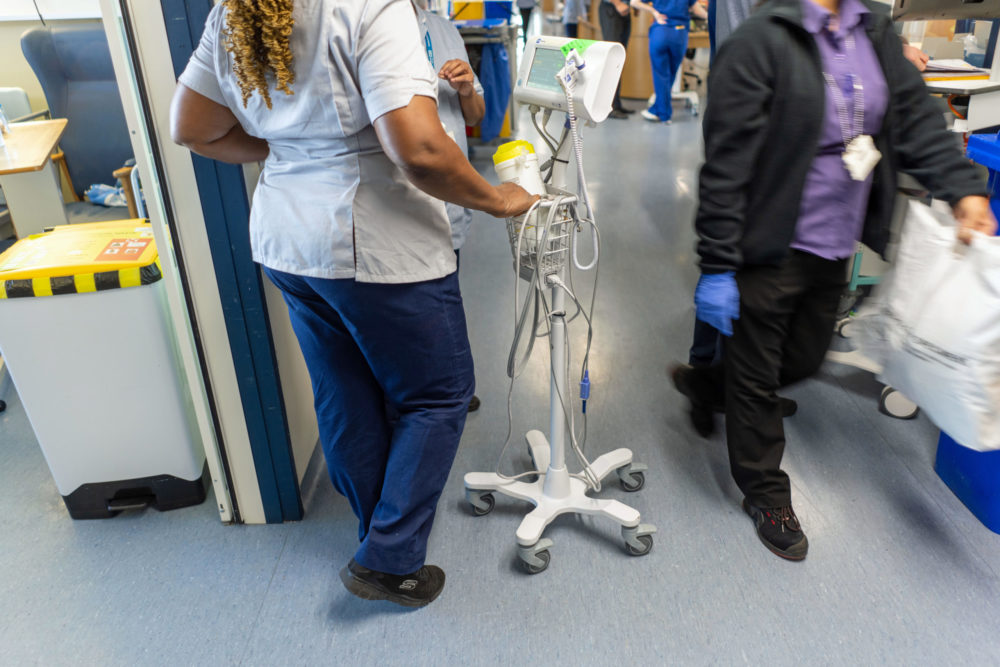New report reveals fall in cancer survival rate following the start of the Covid pandemic

New data has confirmed that one-year survival rates for cancer patients in Wales decreased following the start of the Covid pandemic.
The Welsh Cancer Intelligence Surveillance Unit (WCISU) at Public Health Wales found that one-year survival for all cancers combined fell from 75.9 percent in 2019 to 71.6 percent in 2020.
Before the pandemic, one-year survival for all cancers combined increased from 66.2 percent in 2002 to its 2019 peak.
Five-year survival rates had also increased from 51.7 percent in 2002 to 63.0 percent in 2017.
Disruption
WCISU’s analysis suggest the drop in one-year survival is partly due to disruption caused by measures implemented to control the spread of the Covid-19 virus, beginning in early 2020.
Some of these measures are likely to have contributed to delays in seeking healthcare, investigations, and some types of treatment.
Survival rates decrease as the stage at diagnosis advances for all cancer types.
More than half of people diagnosed with bowel cancer present at the later stages three and four. Five-year survival from bowel cancer hadn’t improved before the pandemic, with five-year stage four survival remaining less than 10 percent during 2013 to 2017 and 2015 to 2019.
Meanwhile, five-year survival at stage three decreased from 67 percent to 64 percent during the same period.
Stage one bowel cancer survival is, however, very high although this dropped slightly from 97 percent to 95 percent during the same period before the pandemic. Only 16 percent of new cases were diagnosed at stage one in 2019.
Deprivation
WCISU says it has made improvements to their methodology in the latest analysis to provide a more accurate estimate across different levels of area deprivation.
The widest five-year survival gap was for people with rectal cancer diagnosed between 2016 and 2020, which was 47.2 percent in the most deprived areas compared with 70.1 percent in least deprived areas of Wales. This gap has widened by about ten percentage points over the last decade.
Additionally, ten-year survival estimates have been produced for the first time. For all cancers combined this increased from 50.2 percent between 2002 and 2006 to 58.9 percent in cancers diagnosed between 2012 and 2016.
Professor Dyfed Wyn Huws, Director of the Welsh Cancer Intelligence and Surveillance Unit at Public Health Wales, said: “The Covid-19 pandemic had a clear impact on cancer diagnosis and treatment in Wales particularly during the early stages of the pandemic when NHS services were redirected to deal with management of the outbreak.
“We also know that there was an understandable reluctance by many people to seek NHS Wales help in the wake of ‘Stay at Home’ messaging, particularly among older and shielding people. These factors would have affected cancer survival.
“It is important to seek advice from your GP regarding any symptoms you are concerned about as soon as possible. Our data shows the earlier cancer is diagnosed, the better a person’s chance of a better outcome.”
Support our Nation today
For the price of a cup of coffee a month you can help us create an independent, not-for-profit, national news service for the people of Wales, by the people of Wales.







